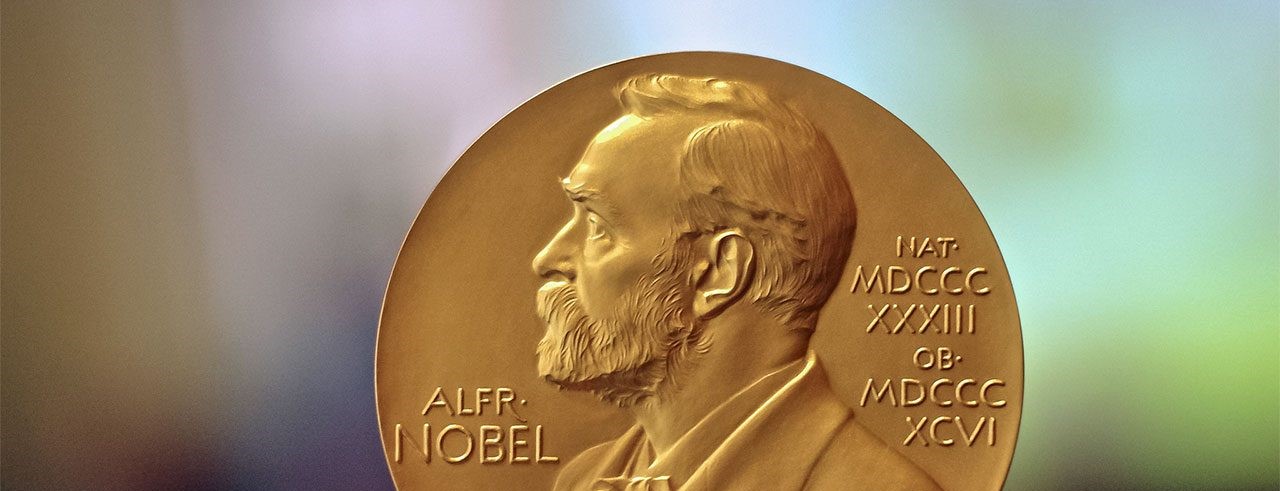Since the first Nobel Prizes were awarded in 1901 (to five white men… just saying), only 16 have been awarded to Black recipients. None of them for science achievements.
Each year, five Nobel Prizes are awarded for Peace, Literature, Physiology or Medicine, Chemistry and Physics, with an extra prize for Economics from 1969 onwards. The first Black winner was Ralph Bunche, who received the Nobel Peace Prize in 1950 and paved the way for a small group of Black individuals to achieve Nobel Prizes in the categories of Peace, Literature and Economics. Despite a rich archive of achievements, not a single Black scientist has been awarded the Nobel Prize for Chemistry, Physics or Physiology or Medicine.

The problem is simply a case of numbers. For every Black scientist excelling in their field, there are hundreds of White scientists doing the same thing.
Why are there so few Black scientists? The answer most likely lies with a significant lack of Black scientist role models, whether this is due to few Black professors at universities, or the absence of Black scientists in the media. However, even the most proficient Black scientists can struggle in the field due to cultural biases that, in some cases, lead to Black scientists being taken less seriously.
Picture a scientist.
What kind of person comes to mind? Probably a middle-aged, White male with white fuzzy hair; something like Doc Brown from Back to the Future.Unfortunately, this demographic accounts for most individuals in the field of science, so we have become subconsciously predisposed to imagine what a stereotypical scientist looks like.

Let’s start with universities. There are roughly 21,000 professors employed in universities around the UK, and only 0.67% of these are Black. Furthermore, only 0.12% are Black women. That’s 25 Black female professors of a total 21,000 across the UK. According to a recent Freedom of Information report, only 40 (1%) of the total 3,785 academic staff at the University of Leeds are Black. If a Black individual studies at a university where 99% of the teaching staff are White, where are they supposed to find any Black role models?
The lack of role models isn’t the only barrier putting Black individuals off progressing in science. In fact, the problem might start much earlier: in primary school. Black families are more likely to live in under-privileged areas where the standard of schools is much lower. These schools typically have reduced access to STEM equipment and yield a lower grade average, making it more difficult for students to get into high-tier secondary schools, colleges and universities.

A second problem is with discrimination in funding. A 2011 study from the University of Kansas found that Black scientists are less likely to receive funding from the National Institutes of Health (NIH). This could be due to subconscious, or maybe even conscious, discrimination from those reviewing grant proposals, or due to differences in the topics proposed by Black and White scientists. Research suggests that the themes more often proposed by Black applicants are less likely to achieve an NIH grant. Whatever the reason may be, this leads to a lack of research by Black scientists.
This is not to say, however, that there are no Black scientists. There are many Black scientists making ground-breaking discoveries and dramatically progressing the field of science, but they are simply not celebrated enough amidst the mass of White scientists. The aim of Black History Month is to celebrate outstanding Black individuals for achievements in their field, including Black scientists who have pushed the boundaries of science, despite facing barriers throughout their lives.
By Morwenna Davies
Header image: Science Mag

